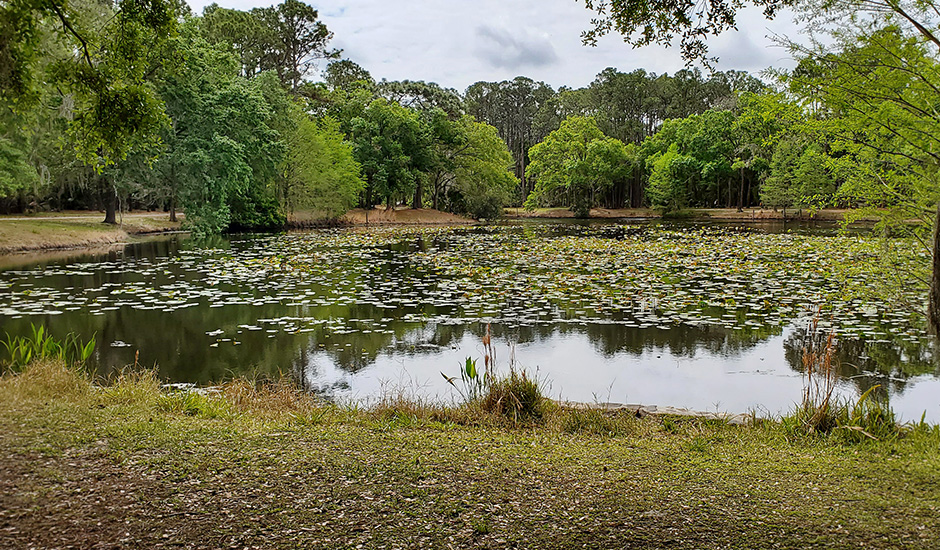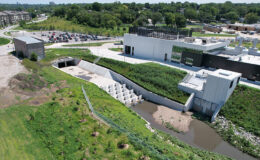To protect public health and water quality, Pinellas County, Florida is developing a 20-year Wastewater Collection System Master Plan (WWCSMP) to reduce inflow and infiltration (I&I) into its wastewater collection system and mitigate recurring sanitary sewer overflows (SSO). Additional major plan elements include developing an Asset Management Program and a Septic-to-Sewer Program, along with policies and ordinances to manage I&I from private sewer laterals and private collection systems. Planning and strategy are integral to guide investment and prioritized implementation of short- and long-term projects in a multi-year capital improvement plan. Wade Trim is leading this 5-year effort with a team of 11 subconsultants.
Pinellas County Utilities (PCU) operates two wastewater collection and treatment systems: one in the north portion of the County, and one in the south. These systems collect and treat an average of 30 million gallons of wastewater daily. To optimize the WWCSMP’s overall effectiveness, this multifaceted project has included updating the hydraulic model of the collection system, analyzing flow monitoring data, vetting new technology, public outreach to support key programs, financial analysis and creation of new sewer rates, and providing on-call assistance for administrative and technical issues.
SSO and I&I management requires a total systems approach to reduce, mitigate, or eliminate SSOs in the collection system. I&I contributes to wet weather SSOs, creates capacity issues in the collection system and at the County’s water reclamation facilities (WRFs), and can accelerate pipe deterioration. In addition, efforts must be coordinated with capital improvements underway and other County stormwater initiatives.
Additional major plan elements support comprehensive and prioritized I&I/SSO mitigation. The Asset Management Program has inventoried, scored, and ranked more than 135,000 wastewater collection system assets consisting of gravity sewers, force mains, pump stations, air-release valves, and system valves. The Septic-to-Sewer Program has inventoried more than 8,900 septic systems in the County and developed alternatives for converting septic users to the public sewer system in a multi-phased program. The four-part private sewer lateral policy established, the first of its kind in Florida, covers rebates, permitting, private systems, and a “Find & Fix” repair program that are all geared towards reducing the amount of I&I and SSOs from lateral sanitary sewer pipelines on private property. The program has been boosted by a $25-million grant from the Florida Resilient Fund and additional funding from the American Rescue Plan Act (ARPA).
The WWCSMP will guide the implementation of operation, maintenance, and capital improvements to maintain and operate safe, resilient, and sustainable wastewater collection systems that satisfy current and future regulatory requirements at PCU’s desired level of service for its customers. The program is over 3 years into the 5-year program.







